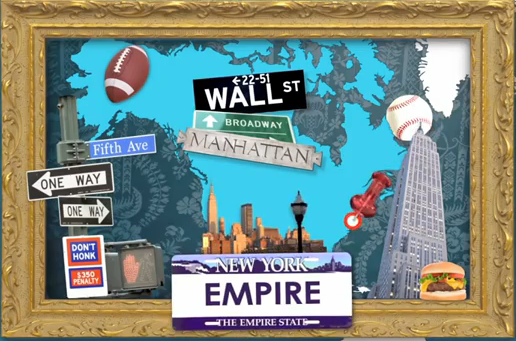大学面试准备心得详解
新的申请季到,美国商科申请的人数在逐年增多,不论是传统的MBA,还是更加专业的金融硕士,会计硕士,面试都渐渐成为美国院校筛选申请者重要的参考因素。那么如何面试?如何做到加分?笔者整理了一篇在美国流传很广的面试准备心得给大家参考一下。
MBA Interviews
If you get this far - you are shortlisted. (Cornell U 50 % Berkeley 20 % ) Its is the critical stage. Think about it before. Get prepared.
Its importance varies dramatically from school to school. You may know that some schools are very aggressive about interviewing candidates. Kellogg, for instance, is terrific about it. The school has long set the standard for interviewing. And not only does UNC - Chapel Hill (Kenan-Flagler) require an interview of U.S. applicants, but it requires that the interview be conducted on campus.
Stanford, on the other hand, would just as soon give you the finger as interview you. So interviewing can be meaningless at some school or it can be significant.
Who Should and Who Shouldn't Interview?
If you think you're a bad interviewer, stay home. Let your application do the talking for you. But if you feel comfortable meeting new people, then go for it.
Should I Interview with an Admissions Officer or an Alumnus?
It's best to interview with someone on the admissions committee, but that isn't always possible. Just try to get along with your interviewer.
A Few Pointers on the Interview:
1. Whenever possible, interview with someone of the opposite sex. (Don't make me explain why.)
2. Dress smartly. Dress formally unless your interview is with an alumnus and the situation calls for casual clothes.
3. Relax! You want your interviewer to like you, so treat him or her like a friend. Don't come off as stiff and overly formal. The interviewer wants to see what you are like - they do not want an act. They will be trying to decide whether you would 'fit' the program, what you would contribute.
4. Prepare your answers ahead of time. Think about some of the questions you might be asked - and consider how you would answer them - but dont try to prepare answers - they will not seem natural , and you may forget the words.
5. Aim to get there a bit earlier - you might then be able to look around - if it is at the School.
6. Show that you have done your 'homework' e.g you have gathered information on the School and the program. You need to know quite a lot about the School and the program - you might get asked questions- just to see how seriously you have gone about you application. Have a file of cuttings, prospectus etc - but dont spread it out on the table!
7. When at the end you are asked if you have any questions - dont pull out a long list! Have one or two (at most) good questions - e.g. information which is not in the prospectus.
8. Dont behave/question/discus as if you expected to be accepted. Dont talk about 'we' when you refer to the program.
9. Know about the cost/fees/funding issues. The Interview is not the time to get into details. The interviwer is not there to help you solve your financial problems. Make it clear that you understand all the cost issues - fees, residence, materials etc.
10. Remember the key questions- 'Why do you want to do this MBA?. 'Why do you want to do it now?'
Typical Interview Questions
Virtually all of the interviewers cover the same topics. The basic interview process goes as follows.
Phase 1 - Your Upbringing and Undergraduate Experience.
Be sure to prepare a brief outline of your upbringing before going to your interview. (Don't bring it with you.) It's easy to get lost and ramble into a long pointless diatribe when talking about your upbringing, so make your replies short and to the point.
They will generally ask a number of questions about your undergraduate experience.
What was your major?
Did you like it?
Do you think your grades are an accurate reflection of your ability?
Did you work as an undergrad? (This is important because it may help to explain why your GPA isn't 4.0)
Phase 2 - Work Experience Since Leaving College
You need to know your whole work history before walking into the interview. Look up the approximate dates of promotions or job transfers. The questions go something like the following:
• What was your first job out of undergrad?
• Have you been promoted?
• Have you ever supervised employees?
• Have you switched firms? If so, why?
Phase 3 - Career Goals & MBA Plans
This is the part of your story that has to hold together. If they ask about career goals and you tell them something that is completely inconsistent with your experience, you're going to be in trouble.
• Be sure to mention a career goal that actually requires (or benefits from) an MBA.
• Be able to answer the question, "Why do you need an MBA?"
• Be able to answer the question, "Why do you need an MBA from this school?"
Phase 4 - Your Turn to Ask Questions
Be sure to study the school before interviewing so you can ask informed questions about it. Knowing specific details about the program should convince the interviewer that you are serious about attending his school.
 全球网络 Global Network
全球网络 Global Network







